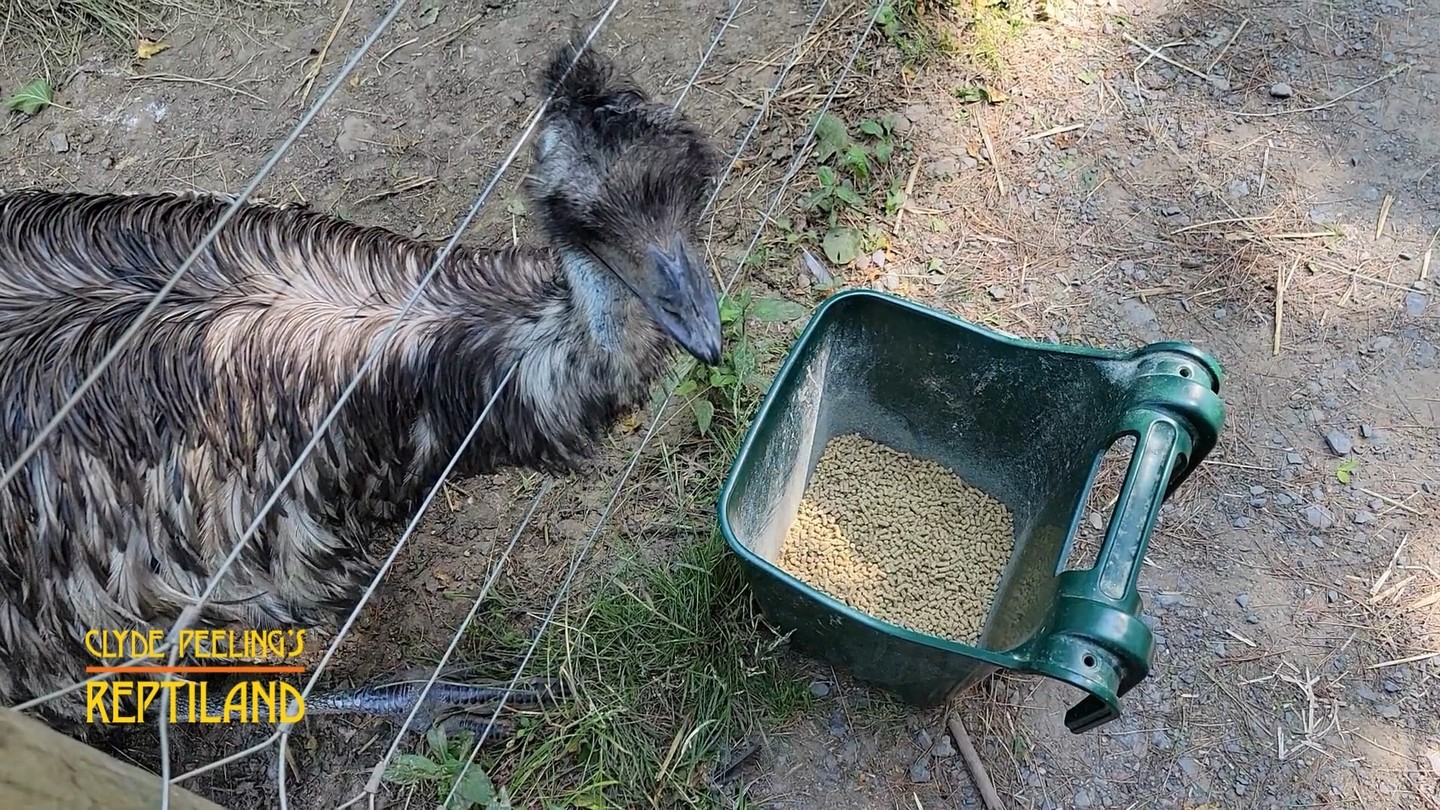Summary:
1. The importance of timing in the animal kingdom
2. How zoo keepers ensure animals receive their meals at the right time
3. The clever strategies used to prevent squirrels from stealing animal food
When it comes to mealtime in the animal kingdom, timing is everything. Like humans, animals have their internal clocks and specific periods in which they need to refuel their bodies. In this article, we will explore the fascinating world of meal timing in zoos, how zoo keepers ensure the animals receive their meals at the right time, and the ingenious strategies they employ to outsmart squirrels determined to snatch away their precious food.
1. The Importance of Timing in the Animal Kingdom:
In the vast and diverse animal kingdom, each species has unique feeding patterns with distinct meal timing preferences. Every organism operates on its internal schedule, From diurnal animals active during the day to nocturnal creatures that come alive at night. This adherence to timing is crucial for their overall well-being, reproduction, and survival.
2. How Zoo Keepers Ensure Animals Receive Their Meals at the Right Time:
a. Monitoring Biological Clocks:
Zoo keepers are not merely animal caretakers but meticulous timekeepers who understand the importance of aligning feeding schedules with their charges’ natural rhythms. By closely monitoring the biological clocks of the animals in their care, keepers can provide meals at optimal times, enhancing the overall health and happiness of the zoo residents.
b. Tailoring Diets:
Each animal species has unique dietary requirements, and zoo keepers ensure their meals fulfill them. From herbivores to carnivores, the meals are carefully crafted to mirror the animals’ natural diets, incorporating the nutrients and proportions needed for optimal growth and well-being.
c. Enrichment and Foraging Opportunities:
Zoo keepers understand that serving the meals on a silver platter would not stimulate the animals’ instincts. They employ various enrichment techniques, such as hiding food or using puzzles and toys, to encourage natural foraging behaviors. These methods keep the animals engaged and help them maintain physical and mental stimulation, closely mimicking how they would obtain their meals in the wild.
3. Clever Strategies to Prevent Squirrels from Stealing Animal Food:
While zookeepers are masters at ensuring the animals receive their meals on time, they also face a persistent challenge from crafty squirrels determined to snatch away the freshly-prepared delicacies. To outsmart these clever critters, zoo keepers employ several strategies:
a. Squirrel-Proof Feeders:
Zoo keepers have designed and installed innovative feeders that are squirrel-resistant. These feeders often incorporate weight-activated doors or obstacle courses that prevent squirrels from accessing precious animal food. This protects the meals and ensures that the zoo residents receive the specific nutrients tailored to their needs.
b. Natural Deterrents:
Nature itself provides an arsenal of deterrents that zookeepers can utilize against squirrels. From planting natural repellents such as mint or using harmless but pungent spices, keepers create an environment that discourages squirrels from entering areas designated for animal food. These natural deterrents not only protect the meals but also contribute to the ecosystem’s overall health within the zoo.
c. Strategic Schedules:
Zoo keepers have learned that altering feeding schedules can often outsmart even the most resourceful squirrels. By adjusting feeding times to when squirrels are less active or implementing unexpected meal delivery patterns, keepers surprise the furry thieves, reducing their chances of stealing the animal food.
Conclusion:
Mealtime in the animal kingdom is precisely orchestrated, revolving around each species’ unique natural rhythms. Zoo keepers are timekeepers, ensuring the animals receive meals at the right time to support their well-being. While squirrels may present a challenge, keepers employ clever strategies to outsmart them and protect the animals’ meals. By understanding and appreciating the art of meal timing, we can gain a deeper insight into the intricacies of the animal kingdom and our shared responsibility to protect and nurture its inhabitants.
*****
Source Description
Everyone knows the best time to eat is when the keeper has to pull your food for the night so the squirrels don’t eat it. 🙄


